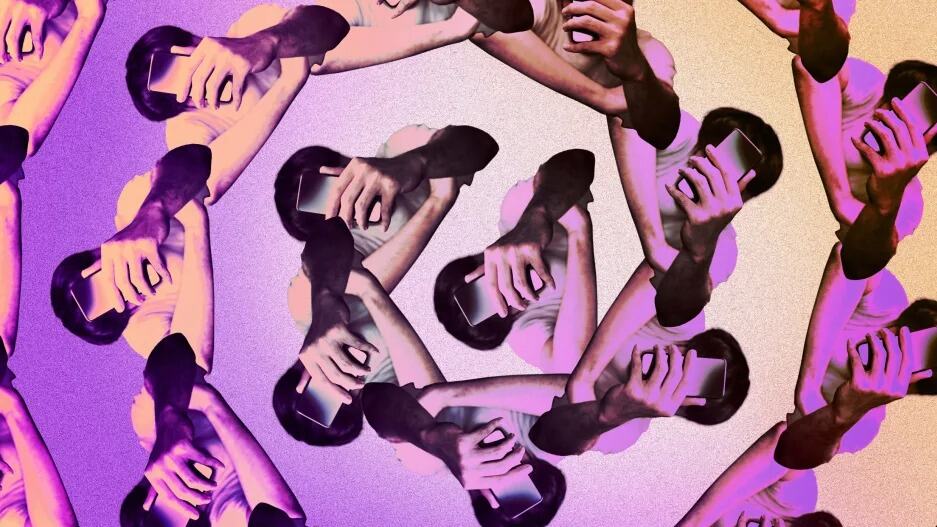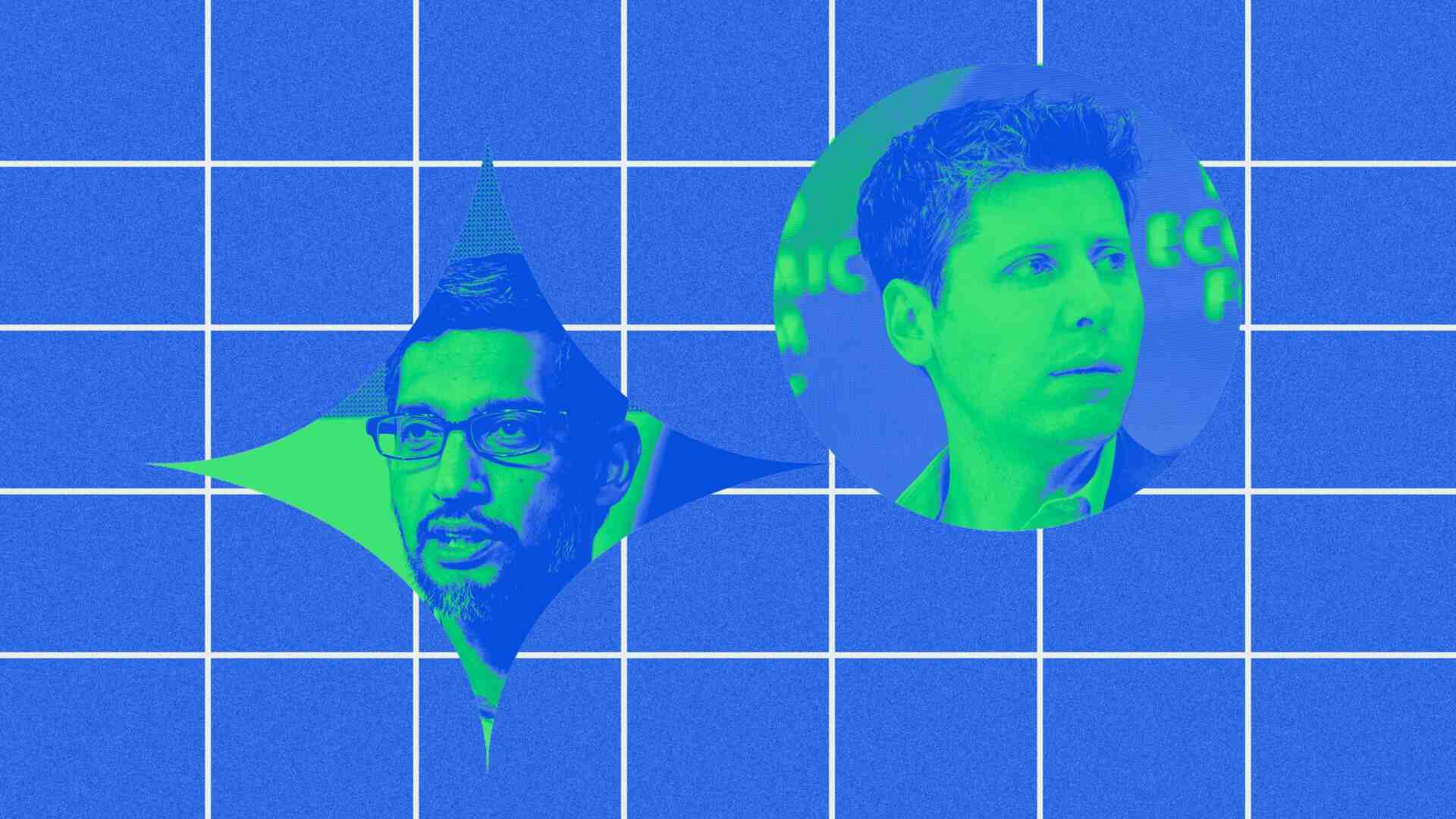- | 9:00 am
Want to stop craving your phone? Try this radically counterintuitive approach
This is why all those well-intentioned screen-time restriction strategies never worked for me.

I’ve tried—really tried—to limit my own screen time. I’ve designed temptation-free spaces, silenced all notifications, gone grayscale, and imposed upon myself screen time limits fit for an unruly child.
But each new hack delivers a paradoxical result: More, not less, craving for the glowing glass rectangle in the palm of my hand.
Desperate, after years of these failed efforts, I decided to try something radical. What if I just gave up on limits? I wondered. What if I allowed myself to gorge for several days on a digital buffet of distraction, spending as much time as possible, on screens, on purpose?
This strange technique has a long history. The Tantric tradition of Buddhism, for instance, uses intentional indulgence as a way to burn through the destructive elements of our cravings for things like drinking and sex.
But could this work on my screens? I was about to find out.
I set aside three days and warned my wife and daughter, “I’m not going to be available for family games and conversation. I’m going to spend as much time as possible on my screens.”
After years of impressing upon her the dangers of screen time, my bewildered eleven-year-old looked at me like a lunatic. “Daddy,” she said, “are you okay?”
For three days, I went wild with my screens. I read and watched the news, my primary digital addiction, for hours on end. I checked emails at all hours. I surfed Instagram until reaching the elusive “You’re all caught up!” notice at the bottom of the feed. I listened to every podcast that even mildly interested me.
The result? First, I learned that the researchers are right—digital overstimulation does indeed destroy sleep. Each morning, I woke up at 2:30 a.m., my body pulsing with adrenaline, my mind racing. Second, I learned that the rules of overconsumption in the analog world don’t seem to apply to the virtual world. Try to drink, eat, or have sex for days on end, and you reach a point of saturation, a point where you just can’t have any more. But not so in Screenland. Even after days of this insanity, I could still wolf down these McDonald’s-like mind snacks all day, every day. But the last lesson was perhaps the most surprising. By allowing rather than resisting my digital cravings, something magical happened: my phone lost its novelty.
Of all the clever innovations dreamed up by Meta, Google, X, and TikTok, the way these tools exploit the “novelty bias” of the human brain is perhaps the most nefarious. These strategies represent a fundamental break from the way we interact with old-school technologies. When you use your lawnmower, yes, you get a reward, but it’s predictable. You know exactly what you’re going to get: a freshly cut lawn, nothing more, nothing less.
But here in Screenland, rewards work differently. You don’t just get something predictable. You get something novel. You get what persuasive technologists call a “variable reward.” Open Facebook, for example, and who knows what you’ll stumble upon? A raging fight over the merits of Ivermectin? A friend’s family photo from the beach in Bali that makes you feel bad about yourself? Or an adorable video of a dog barking out the melody to a Taylor Swift song? Every day is Christmas here in Screenland. Every feed, new site, and app delivers a daily stack of digital presents just waiting to be unwrapped. This is why we keep coming back for more, even when we have better, more important, more meaningful things to do.
This is also why all those well-intentioned screen time restriction strategies never worked for me. They didn’t dispel the novelty of my phone. If anything, they amplified it.
But intentionally bingeing on screens for several days? Somehow, that actually worked. On the day after the experiment, for instance, I woke up and thought to myself, this is when I usually grab my phone and head to the toilet. But on this day, unlike any other day over the past decade, the desire fell flat. It just wasn’t there. At first, I thought this might be a kind of day-after fluke. Then it happened the next day and the next. Eventually, I realized what had happened. Somehow, this tantric binge dispelled the mesmerizing illusion that there’s always something amazing lurking just beyond my locked screen.
It’s like a teenage crush. Remember that crush from high school? Remember the feeling of passionate desire and intrigue? Well, imagine if, at the time, you could have followed this person around during every waking moment, watching them as they woke up, pulled out their night guard, brushed their teeth, ate, went to the bathroom, and collapsed into bouts of petty jealousy and low self-esteem. This full immersion into your object of desire would go a long way toward unmasking the mystery. Afterwards, you could never see them the same way.
This is exactly what happened with my phone. Now that I’ve gone all the way with it, the mystery is gone. I now know all that my phone has to offer, and, as a result, I’ve destroyed at least a portion of its super power: novelty.







































